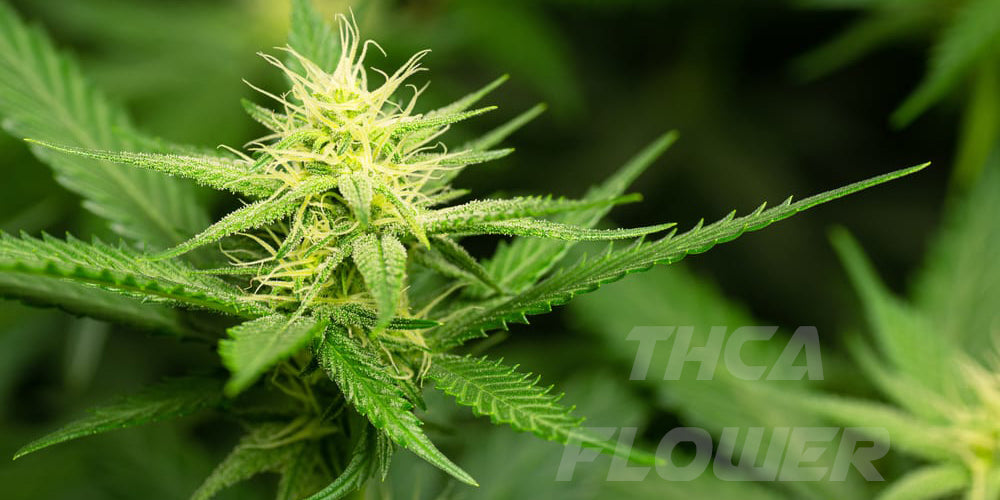 In the contemporary cannabis market, thca flower has emerged as a champion cannabinoid, particularly for individuals who seek the medicinal benefits of cannabis without the psychoactive high commonly associated with its better-known derivative, THC (tetrahydrocannabinol).
In the contemporary cannabis market, thca flower has emerged as a champion cannabinoid, particularly for individuals who seek the medicinal benefits of cannabis without the psychoactive high commonly associated with its better-known derivative, THC (tetrahydrocannabinol).
What is THCA?
THCA is the precursor to THC. When the cannabis plant is harvested and dried, the THCA molecule loses a carboxyl group through heat and time, turning into the more familiar THC. However, THCA is non-psychoactive as it does not readily cross the blood-brain barrier in substantial amounts. It is found in high concentrations in the leaves and flowers.
The Entourage Effect
THCA is exciting not just for what it does, but for what it represents in terms of the full spectrum of benefits attributed to the cannabis plant. It still carries the full synergy of the plant molecules, and when used as part of a full-spectrum product, it contributes to what is known as the entourage effect. This concept, popularized by Dr. Ethan Russo, suggests that cannabis compounds work better in combination than in isolation.
Potential Medicinal Properties
Several small studies and preclinical trials suggest that THCA may have anti-inflammatory, neuroprotective, anti-nausea, and appetite-stimulating properties. A notable study in 2013 found that THCA had a more significant effect on nausea and appetite when compared to THC.
Anti-Inflammatory Properties
THCA may be beneficial for managing conditions associated with inflammation, such as arthritis. A study in the British Journal of Pharmacology in 2011 found that THCA reduced the production of inflammatory molecules, potentially making it a candidate for anti-inflammatory medication.
Neuroprotective Effects
There is evidence to suggest that THCA may play a role in protecting the brain and nervous system from damage. This is particularly significant in the ongoing quest to find treatments for neurodegenerative diseases like Alzheimer’s or Parkinson’s.
Anti-Emetic and Appetite-Stimulation
Nausea, vomiting, and loss of appetite are common symptoms of various medical conditions. Initial research implies THCA may offer relief to patients undergoing chemotherapy or those with eating disorders.
THCA and the Endocannabinoid System
To understand its effects, one must look at the endocannabinoid system (ECS), a complex cell signaling system present in all vertebrates. The ECS is known to regulate and maintain homeostasis, or biological balance, in response to environmental changes. THCA interacts with the ECS by targeting specific receptors, such as CB1 and CB2, which are concentrated in the central and peripheral nervous system.
How to Take THCA
Because THCA is not psychoactive, it’s often consumed in its raw form. One of the more popular methods of consumption is juicing raw cannabis, which may provide a high dose of THCA without the psychotropic impact. It’s important to note that THCA will not be effective if it is consumed through smoking or vaporization since heating is required to convert THCA into THC.
Legislative Challenges
The most significant hurdle for the widespread adoption of THCA is legislation. Laws surrounding medicinal cannabis are changing rapidly, but it’s common for legislators to lump all cannabis-derived products together, irrespective of their chemical properties. This makes it difficult for THCA to gain recognition as a separate and valuable component of the cannabis plant.
Future Studies
More research is warranted to fully understand and harness the potential therapeutic effects of THCA. Human trials are still sparse, and most of what we know comes from animal studies and anecdotal evidence. The future of THCA research is bright, but the field of study must contend with the inherent difficulties involved in researching a substance that is often legally and socially stigmatized.
Conclusion
The science behind THCA is still in its infancy, but the compound shows immense promise for a range of medical applications, from combating inflammation to managing symptoms of neurodegenerative diseases. With further study, we can unlock the full potential of THCA and create new, effective treatments for a wide array of health issues. If you’re considering THCA for your own health, it’s crucial to consult with a medical professional and ensure compliance with local laws and regulations.


